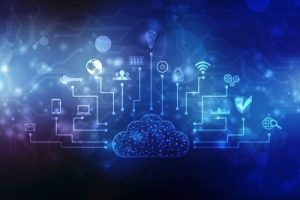
Walking into (or logging onto) a job fair can be incredibly intimidating. While having a wide variety of companies to meet with is great, it can be overwhelming. The crowds of fellow job seekers highlight just how many people are competing for the same position. Being repeatedly asked questions about your strengths, weaknesses, and goals can make even the most self-assured person second guess themselves. However, these discomforts are exactly what make these events valuable resources for job seekers. Being able to meet with multiple companies in one place at one time is incredibly efficient, and those difficult conversations help you hone your story and message, improving your presentation each time you deliver answers.
To mitigate some of the anxiety and capitalize on the power of job fairs, consider these tips for making the most of your attendance. Continue reading








